Do dehumidifiers help with hay fever? Experts reveal why this versatile appliance is a must for reducing allergens in your home
They do more than just combat damp and condensation

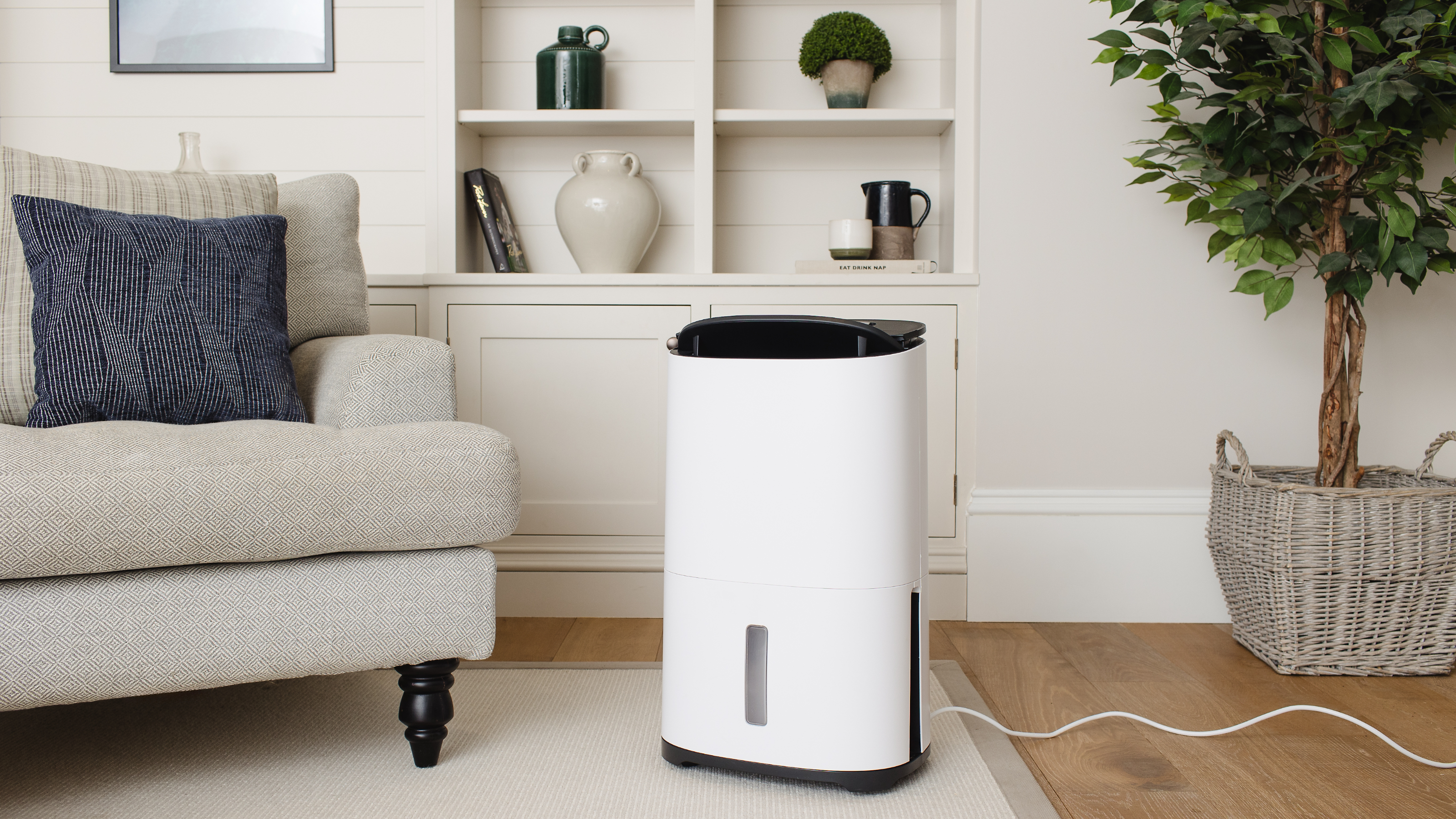
Seeing as we're bringing out our dehumidifiers to combat damp and the effects of the wet weather, is it also possible that dehumidifiers can help with hay fever? Although hay fever is a more pressing issue in the spring and summer, many still suffer from allergy symptoms throughout the winter months too. While pollen isn't as prevalent when temperatures drop, other allergens like dust mites, mould spores, and pet dander are still causes for concern.
The best dehumidifiers are undoubtedly the ones that serve multiple functions, excelling not only in helping us to get rid of damp and condensation, but also effectively dry clothes indoors in record time. But, it turns out that a dehumidifier could also help combat allergens in your home.
Generally speaking, it probably makes more sense to enlist the help of the best air purifier if you're dealing with many allergens inside your home. However, if you've been planning to get a dehumidifier anyway for the purposes of managing humidity levels, understanding everything they're capable of can help you maximise how you use a dehumidifier in the winter months.
Do dehumidifiers help with hay fever?
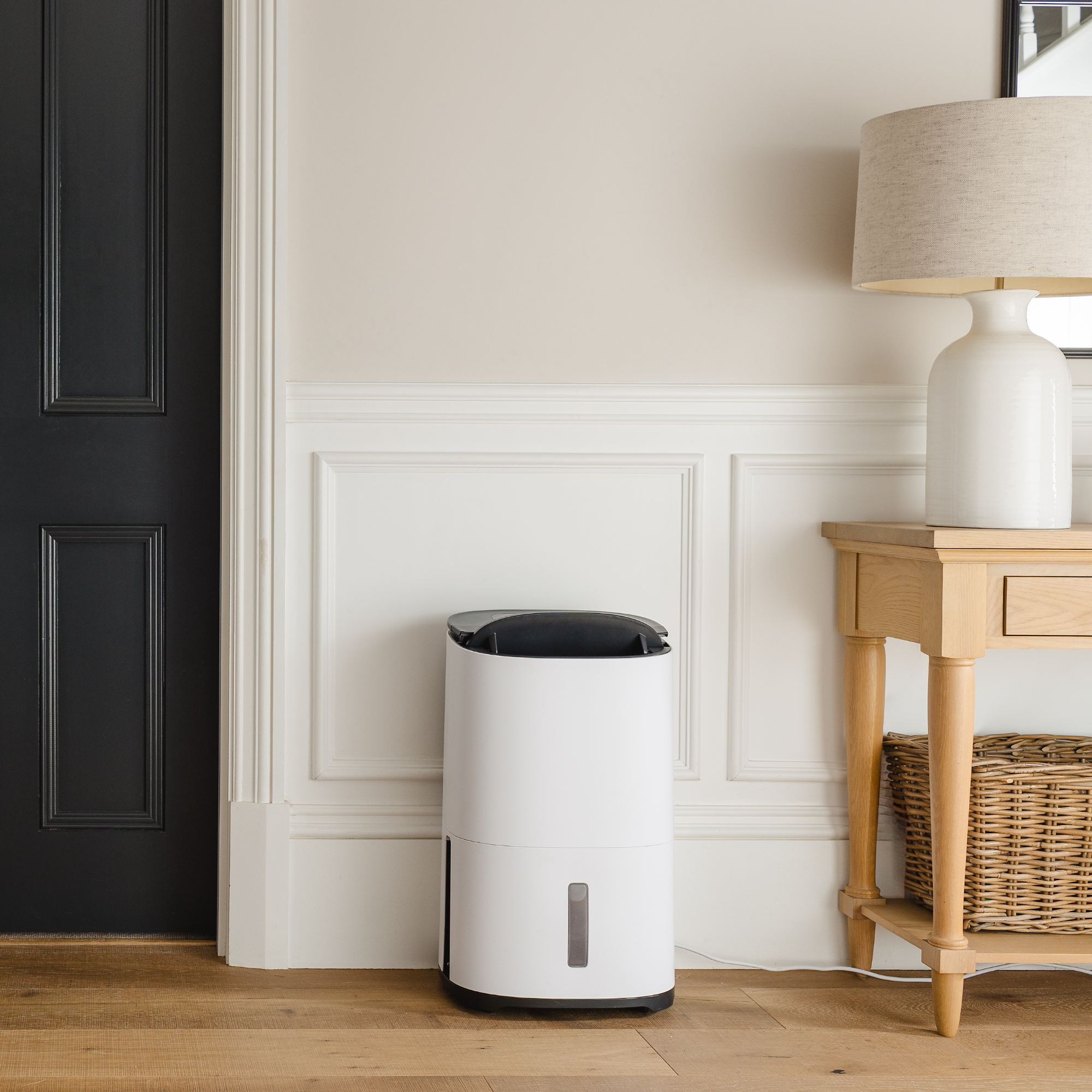
'Dehumidifiers can certainly help with hay fever, even if the benefits are indirect in nature,' begins Carolina Goncalves, superintendent pharmacist at Pharmica. She adds that reducing allergens inside your home can help prevent symptoms like coughing and wheezing for individuals who are particularly sensitive.
But while dehumidifiers cannot treat hay fever nor do they directly affect pollen levels, they should be seen more as something that's 'nice to have' to reduce allergens indoors.
'The primary function of a dehumidifier is to reduce humidity levels in the home. As lower humidity levels can prevent the growth of mould, dust mites, and mould spores, all of which can worsen hay fever symptoms, a dehumidifier can help,' adds Chris Michael, managing director at Meaco. As such, limiting the damp conditions in which these allergens can thrive in can make a difference to overall comfort levels.
Tips for using a dehumidifier for hay fever
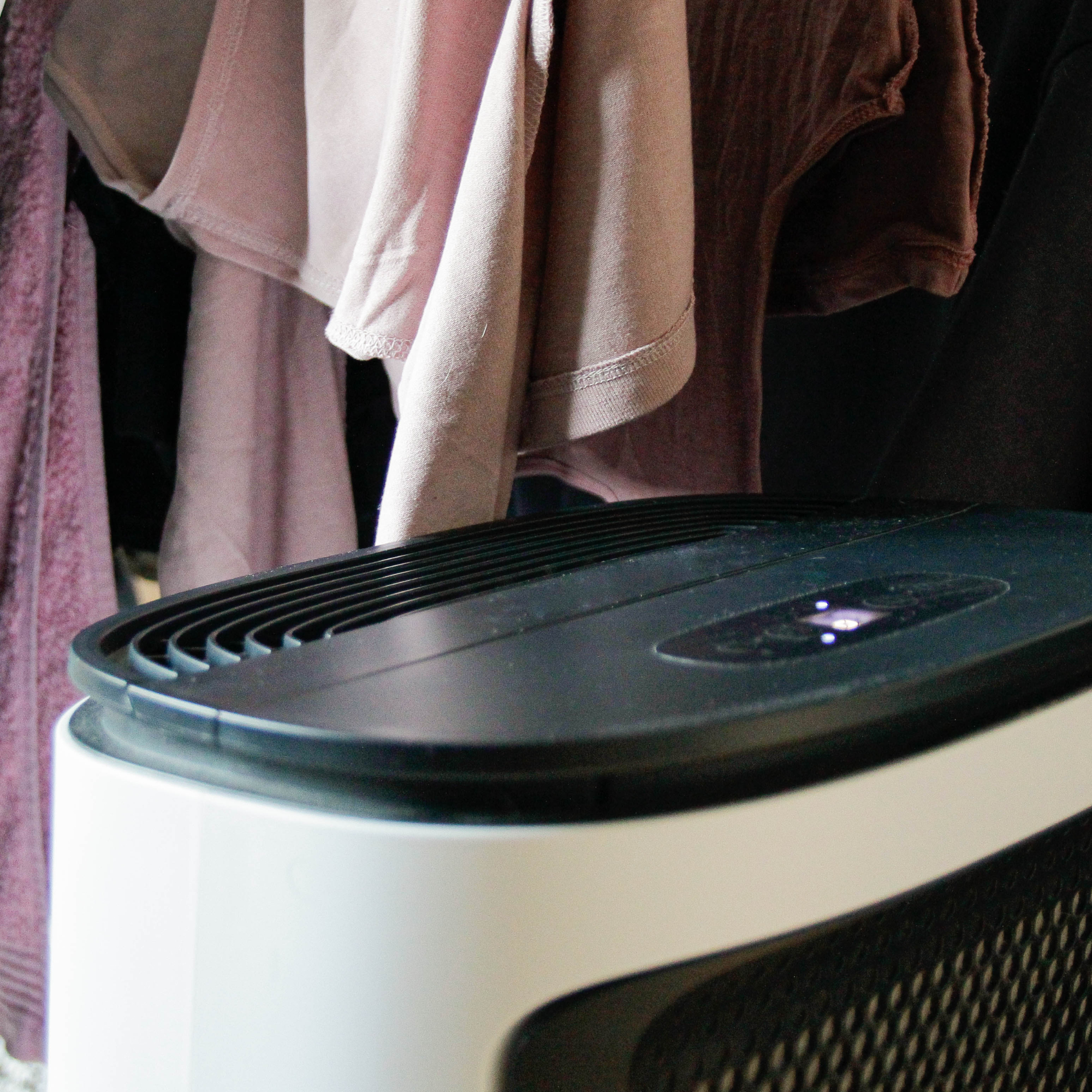
'For the best results, use a dehumidifier with a HEPA filter. When the air is sucked in by this device, the pollutants are trapped before clean air flows back into the home. These HEPA filters offer the greatest filtration money can buy, removing in some cases up to 99.97% of pollutants and allergens,' advises Joshua Warren, dehumidifier expert at AO.com.
Sign up to our newsletter for style inspiration, real homes, project and garden advice and shopping know-how
This feature is mostly found in dual dehumidifier and air purifiers, which do both jobs, such as the Meaco Arete Two, which we gave 5-stars in our review. 'By using a two-in-one dehumidifier and air purifier, consumers don't have to spend money on another appliance, saving money on energy bills and reducing clutter in the home,' adds Chris.
But, rest assured that traditional dehumidifiers can work well too. While they won't capture as many airborne pollutants as their HEPA filter counterparts, they still reduce and prevent damp.

When using a dehumidifier, it's important to ensure you've got your humidistat set correctly, as this often contributes to being one of the biggest dehumidifier mistakes people make. To help reduce indoor allergens, Carolina recommends keeping indoor humidity levels between 30% and 50% for the best results.
Again, while dehumidifiers cannot eliminate pollen (in the same way dehumidifiers can't directly get rid of mould) and the like from the air, reducing these allergens in any way can help not only those with hay fever, but also other respiratory sensitivities by creating a healthier indoor environment.
Shop the best dehumidifiers for hay fever
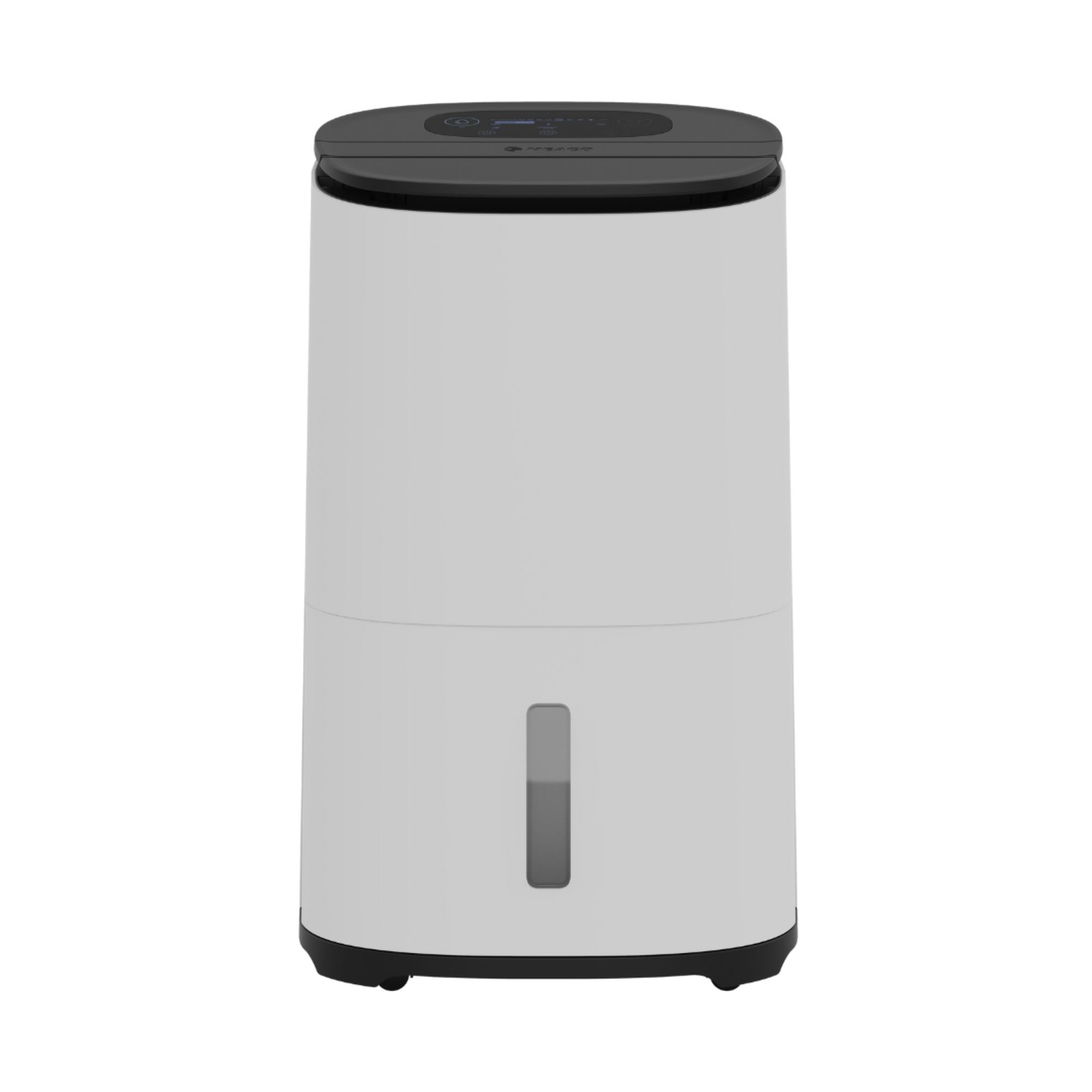
The MeacoDry Arete Two not only dehumidifies, but is also equipped with a built-in HEPA filter and air purification mode, which is fantastic for improving air quality levels in more ways than just one.
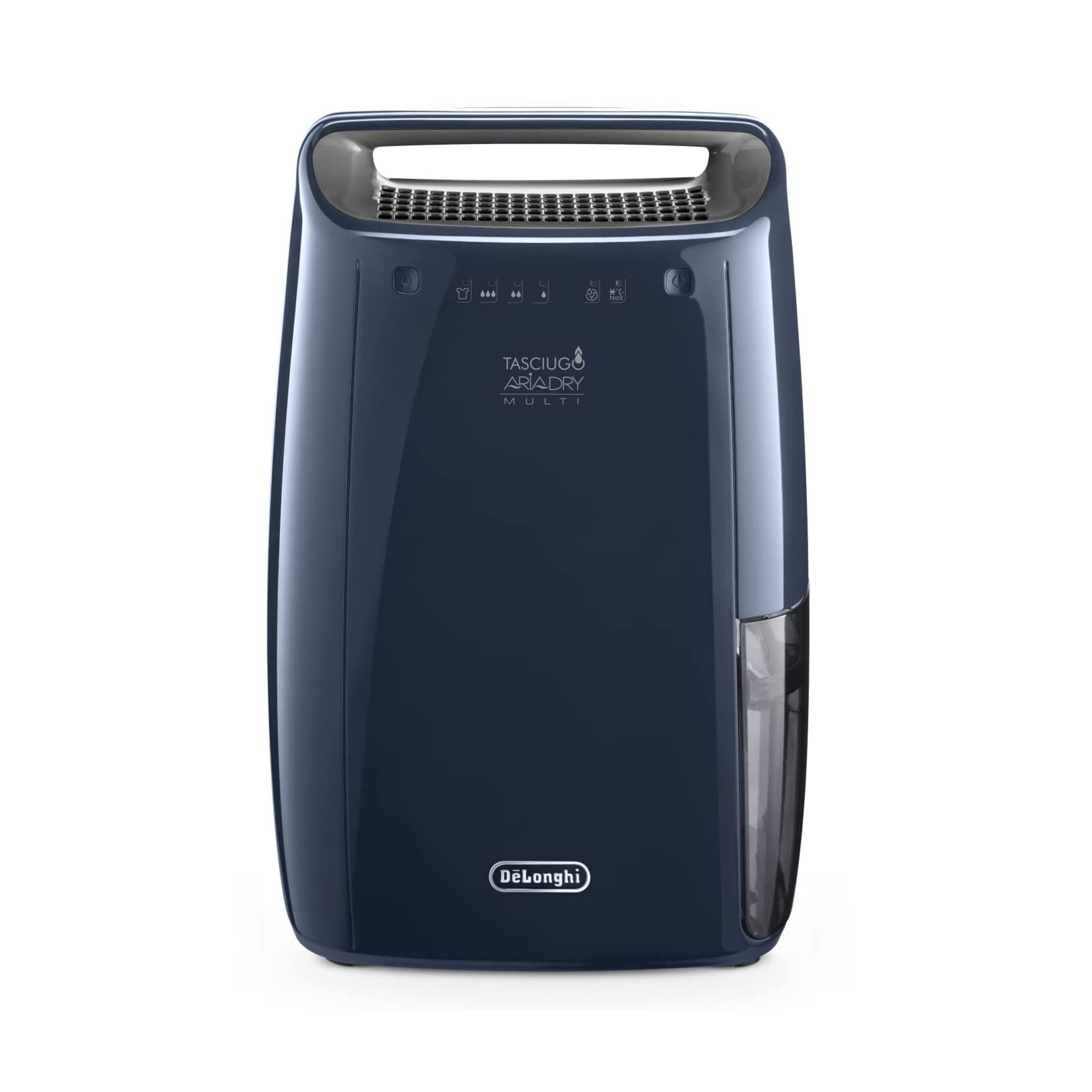
This sleek, Italian-designed dehumidifier is big on style and delivers on performance too. Also complete with a built-in air purifying function to capture dust and other airborne allergies, this is also a great choice.
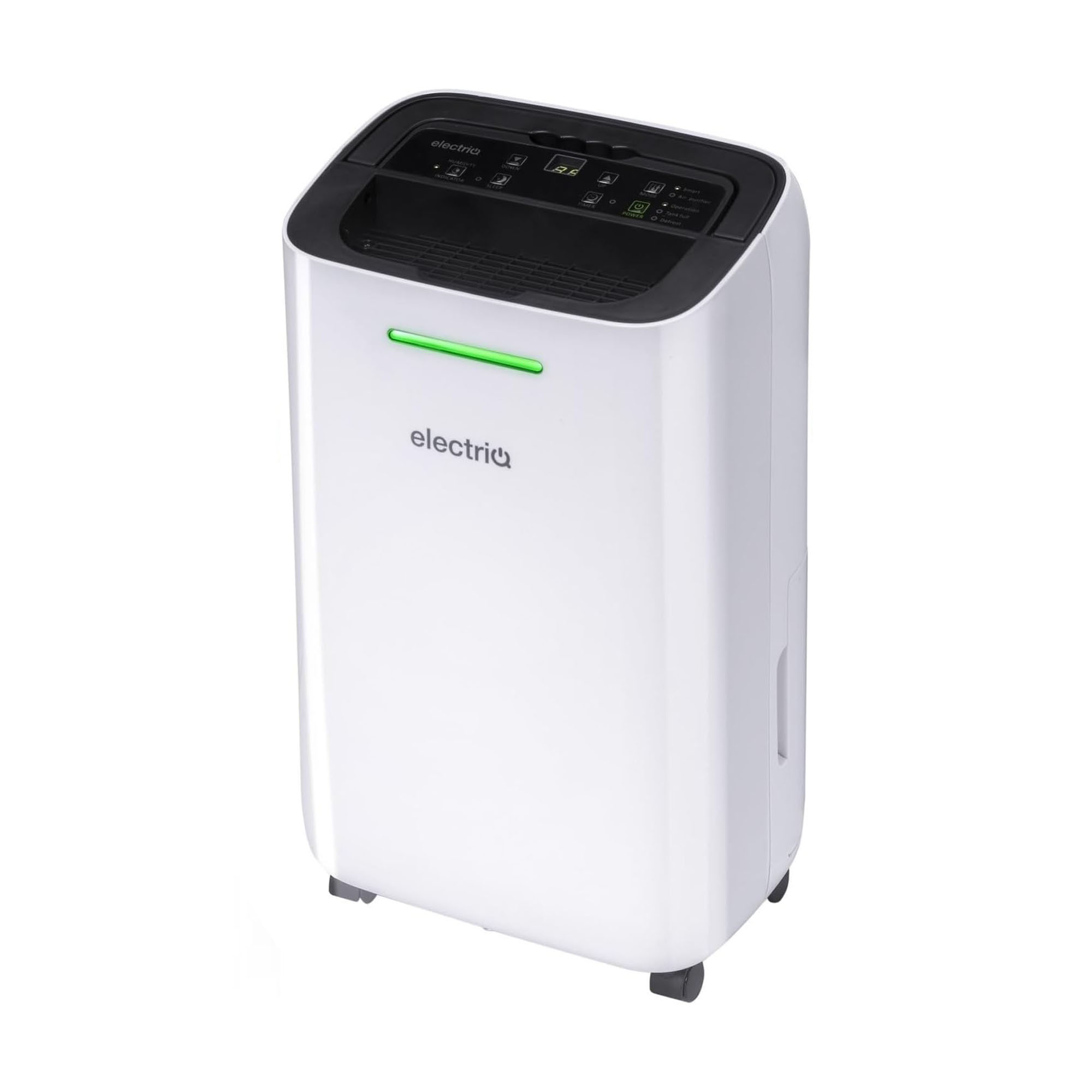
This dehumidifier is one of our favourite affordable alternatives, delivering in dehumidification and easily managing humidity levels in your home as well as removing odours, thanks to the built-in carbon filter.
And, there you have it. Although dehumidifiers can't banish pollen or allergens per se, they can still help with hay fever as they can alleviate allergy symptoms by controlling indoor humidity levels which in turn, reduce the likelihood of mould growth and dust mites from sticking around.
Combined with other methods for treating allergy symptoms, dehumidifiers are easily one of the most versatile appliances you can get your hands on this winter.

Jullia was Ideal Home’s Junior Writer from 2022-2024 and the Ideal Home Certified Expert in Training on Vacuums having spent over 60 hours testing different models. She’s always loved all things homes and interiors, graduating with a bachelor’s degree in Architectural Studies from the University of Nottingham where her love for writing blossomed following her internship at ArchDaily. Now focused on home tech and cleaning, Jullia works on writing features and explainers to help people make the most of their home appliance investments, putting the newest launches through their paces. When she isn’t writing, she loves exploring the city, coffee shop hopping, and losing hours to a cosy game or book.